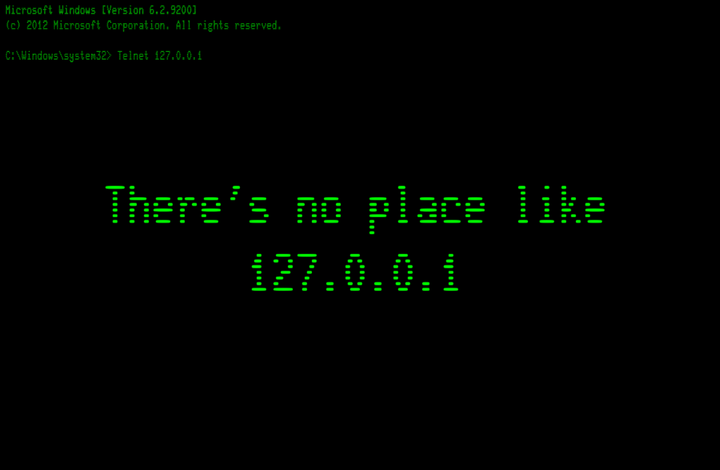Understanding the Localhost IP Address 127.0.0.1:62893

In the realm of networking and computing, the address “127.0.0.1:62893” holds a significant yet often overlooked role. Known colloquially as “localhost,” this seemingly cryptic combination of numbers and a port number actually unlocks a gateway to a fascinating world of technology.
Understanding Localhost: A Gateway to Self
“127.0.0.1” is a special-purpose IPv4 address reserved for loopback testing, commonly known as localhost. When a device refers to 127.0.0.1, it’s essentially communicating with itself. This address allows programs on a computer to communicate with each other locally, without the need to access the broader internet or external networks. It serves as a means of testing network configurations, applications, and services in isolation.
The Significance of Port 62893
In conjunction with “127.0.0.1:62893” adds another layer of specificity. Ports are virtual endpoints used to identify distinct communication channels within a single device. While well-known ports are reserved for specific services (e.g., HTTP on port 80), port 62893 falls into the category of dynamic or private ports, typically used by applications dynamically or temporarily.
Practical Applications: Testing and Development
Developers often leverage localhost and specific ports like 62893 during software development and testing phases. Here are a few practical applications:
1. Web Development:
Developers may use localhost to test web applications before deploying them to production. Port 62893 could host a temporary server instance or run a specific component of a larger application.
2. Networking Testing:
Network engineers utilize localhost to test network configurations and troubleshoot connectivity issues. Port 62893 could simulate interactions with external servers or devices.
3. Database Testing:
Database administrators might use localhost to test database queries or configurations in an isolated environment.
Security Considerations
While localhost is inherently secure due to its isolated nature, improper configurations or vulnerabilities in applications using localhost can still pose risks. Developers and administrators must ensure that applications listening on localhost are secure and follow best practices for network and application security.
Looking Forward: Localhost in the Modern Age
As computing evolves, the role of localhost and specific ports like 62893 continues to adapt. With the rise of containerization and virtualization technologies, developers have more sophisticated tools to manage and test applications in isolated environments. Localhost remains a cornerstone in the development and testing workflow, enabling innovation and robust software solutions.
Also Read: Exploring Ztec100.com: A Comprehensive Overview
Conclusion
“127.0.0.1:62893” encapsulates more than just a numerical sequence; it symbolizes the fundamental principles of local networking and development testing. As technology advances, understanding and harnessing the power of localhost and its associated ports will remain crucial for developers, network engineers, and IT professionals alike. It serves as a reminder that sometimes, the most impactful technologies reside right within our own devices, waiting to be explored and utilized to their fullest potential.



